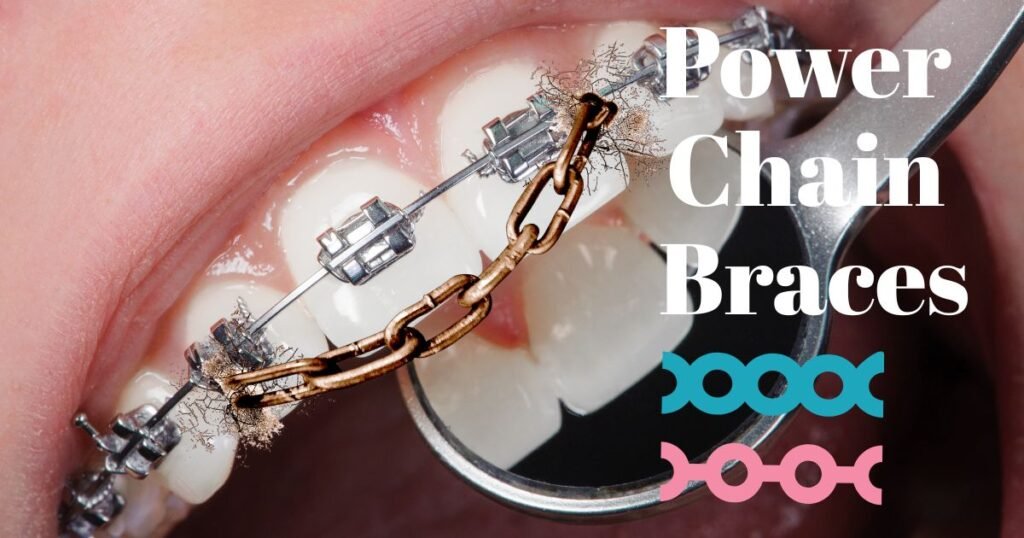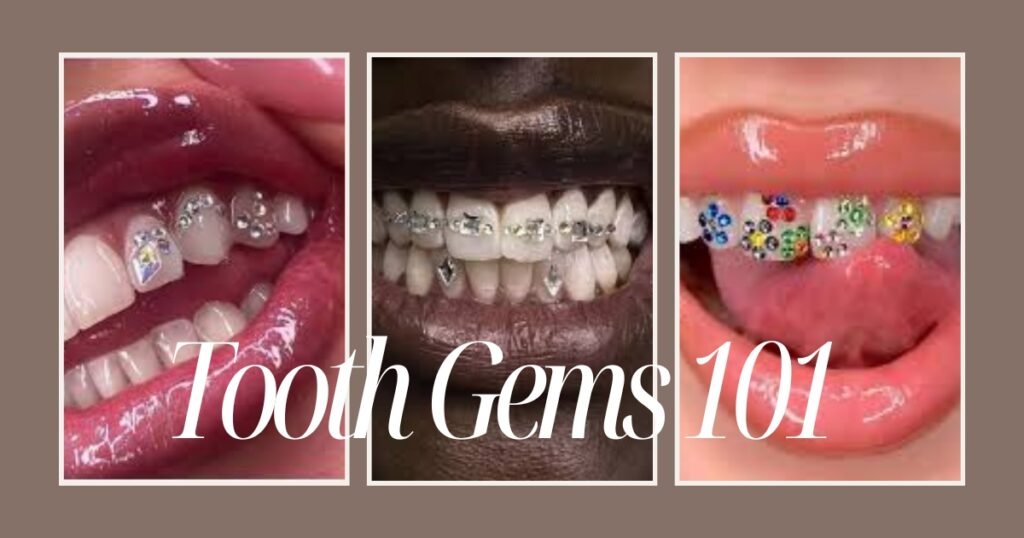Losing a tooth can be frustrating, but modern dentistry offers a reliable solution: dental implants. These are permanent, natural-looking replacements that restore your smile and oral health. But how do you know if you actually need them? Let’s discuss eight signs that indicate it might be time to consider dental implants.
What Are Dental Implants?
A dental implant is a titanium post surgically placed in your jawbone, acting as a replacement for a missing tooth root. Over time, it fuses with the bone, providing a strong foundation for a crown, bridge, or denture.
Key Benefits:
✔️ Natural look and feel
✔️ Prevents bone loss
✔️ Long-lasting solution
✔️ Restores chewing ability
✔️ Maintains facial structure
Now, let’s dive into the signs that you may need dental implants.
1. You Have One or More Missing Teeth
If you’re missing a tooth (or multiple teeth), it can affect your smile, speech, and ability to chew properly. Dental implants provide a permanent replacement without relying on neighboring teeth like bridges do.
Why it’s important:
- Gaps can cause surrounding teeth to shift.
- Missing teeth can lead to jawbone deterioration.
- A full smile boosts confidence!
2. Difficulty Chewing or Eating
Do you find yourself avoiding certain foods because of missing teeth or weak dentures? Difficulty chewing can lead to poor digestion and nutritional deficiencies.
Dental implants can help by:
✅ Restoring full chewing function
✅ Allowing you to eat all types of food
✅ Preventing unnecessary strain on other teeth
3. Your Dentures or Bridges Are Uncomfortable
Traditional dentures and bridges can cause discomfort, slipping, or even sore spots in the mouth.
Signs that your dentures aren’t working well:
- Frequent sore gums
- Trouble speaking clearly
- Slipping while eating or talking
Dental implants offer a fixed, stable solution that feels and functions like natural teeth.
4. Jawbone Loss or Facial Sagging
Did you know that missing teeth lead to jawbone shrinkage? Over time, this can cause premature facial aging—a sunken appearance around the mouth.
How Dental Implants Prevent Bone Loss:
| Traditional Options | Dental Implants |
|---|---|
| Dentures sit on gums, causing bone loss over time. | Dental implants stimulate the jawbone, preventing shrinkage. |
| Bridges rely on surrounding teeth, causing stress. | Dental implants integrate with bone for long-term stability. |
If you notice facial sagging, dental implants might be the best solution!
5. Loose or Shifting Teeth
Loose teeth could indicate advanced gum disease or bone loss. Without intervention, tooth loss is inevitable.
Why dental implants are the best option:
- They reinforce and strengthen the jawbone.
- Prevent further shifting and misalignment.
- Stop the domino effect of tooth loss.
6. Chronic Jaw Pain or TMJ Issues
Missing teeth or misaligned bites can lead to jaw pain, headaches, and TMJ disorders. An uneven bite puts pressure on your jaw joint, causing discomfort.
How dental implants help:
✔️ Restore balance to your bite
✔️ Reduce pressure on the jaw
✔️ Improve overall comfort and function
7. You Feel Self-Conscious About Your Smile
If you’re covering your mouth when you laugh or avoiding photos, it might be time for a confidence boost! A complete, natural-looking smile can transform your appearance and self-esteem.
Why dental implants are the best choice:
- They blend seamlessly with natural teeth.
- Provide long-term durability.
- No risk of slipping like dentures.
8. You Want a Long-Term, Low-Maintenance Solution
Unlike dentures or bridges, which require regular replacements, dental implants are designed to last a lifetime with proper care.
Comparison of Tooth Replacement Options
| Feature | Dentures | Bridges | Dental Implants |
|---|---|---|---|
| Longevity | 5-10 years | 10-15 years | Lifetime with care |
| Stability | Can slip/move | Relies on other teeth | Fixed and secure |
| Bone Health | Causes bone loss | May stress natural teeth | Stimulates bone growth |
If you’re looking for a one-time, hassle-free investment, dental implants are worth considering!
Additional Dimensions to Consider
Cost Breakdown & Financing Options
- Average cost of dental implants varies from $3,000 to $5,000 per tooth.
- Many dental offices offer payment plans and insurance coverage.
Step-by-Step Dental Implant Procedure
- Consultation & X-rays – Dentist evaluates oral health.
- Implant Placement – Titanium post is surgically inserted.
- Healing & Bone Fusion – Takes a few months for the implant to integrate.
- Final Restoration – A crown, bridge, or denture is attached.
Common Myths & Facts About Dental Implants
- Myth: Implants are painful.
Fact: Modern techniques make the procedure minimally invasive. - Myth: Implants don’t last long.
Fact: With proper care, they can last a lifetime.
Latest Advancements in Dental Implant Technology
- 3D Printing & Digital Scans – More precise dental implants.
- Minimally Invasive Techniques – Faster healing and less discomfort.
Long-Term Care & Maintenance of Dental Implants
- Brush and floss regularly just like natural teeth.
- Avoid hard foods to prevent damage.
- Visit the dentist for routine check-ups.
Final Thoughts: Is It Time for Dental Implants?
If you recognize one or more of these signs, it may be time to consult a dental implant specialist. With the right treatment, you can enjoy a fully functional, confident, and healthy smile for years to come.
👉 Next Step: Schedule a consultation with your dentist to discuss if dental implants are right for you!

Dr. Niraj Ghanghoriya is a passionate dental surgeon with over 12 years of experience in clinical dentistry. He completed his BDS from the prestigious Sri Aurobindo Institute of Dentistry in 2012 and specializes in painless root canals, smile makeovers, and preventive oral care. He is the Founder of ToothCareUSA.com and a registered Dental Surgeon (Reg No: A-03649) based in Indore. Known for his patient-first approach and clear communication, Dr. Ghanghoriya aims to make dental knowledge accessible to everyone. When he’s not in the clinic, he enjoys writing informative dental blogs to help people take better care of their oral health. He reviews every article on this site to ensure medical accuracy and patient safety.




